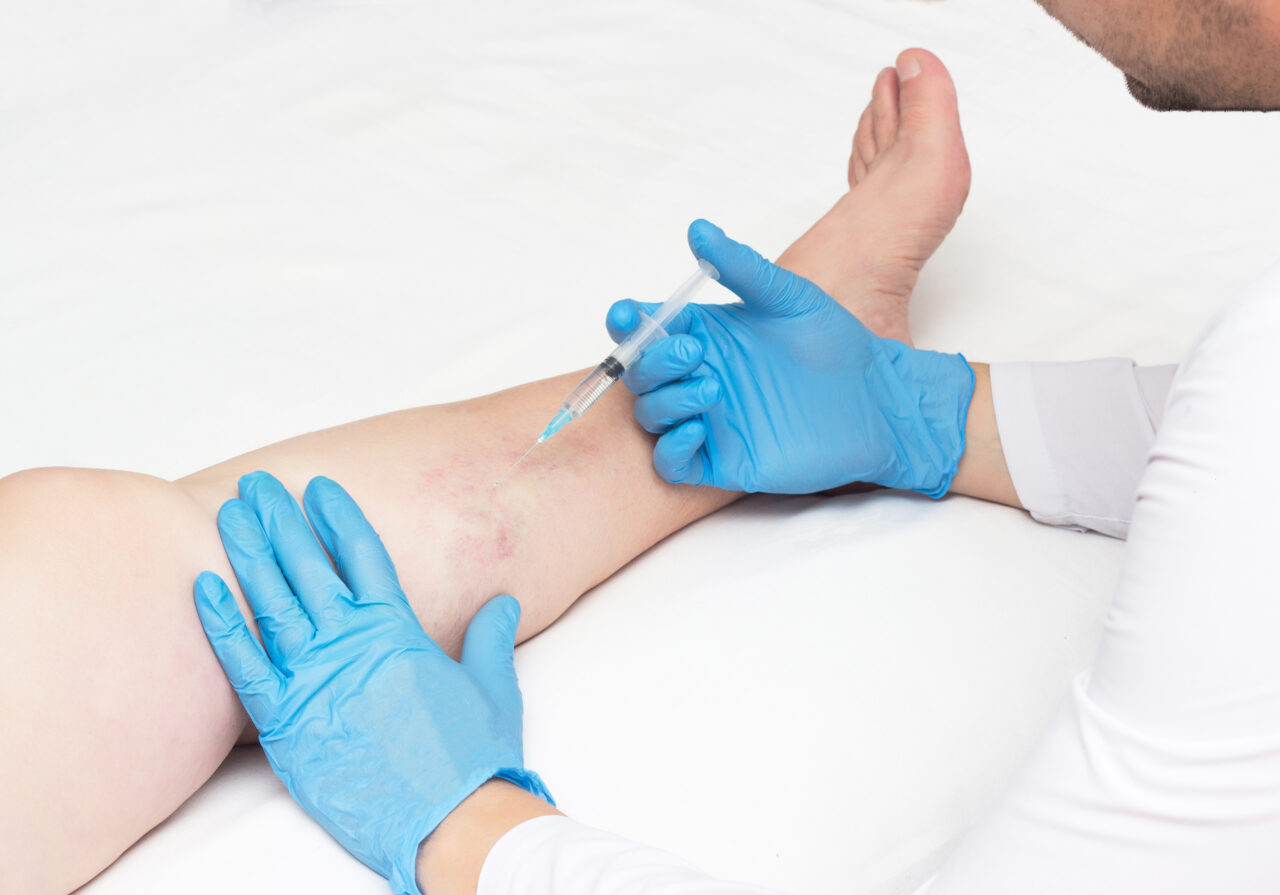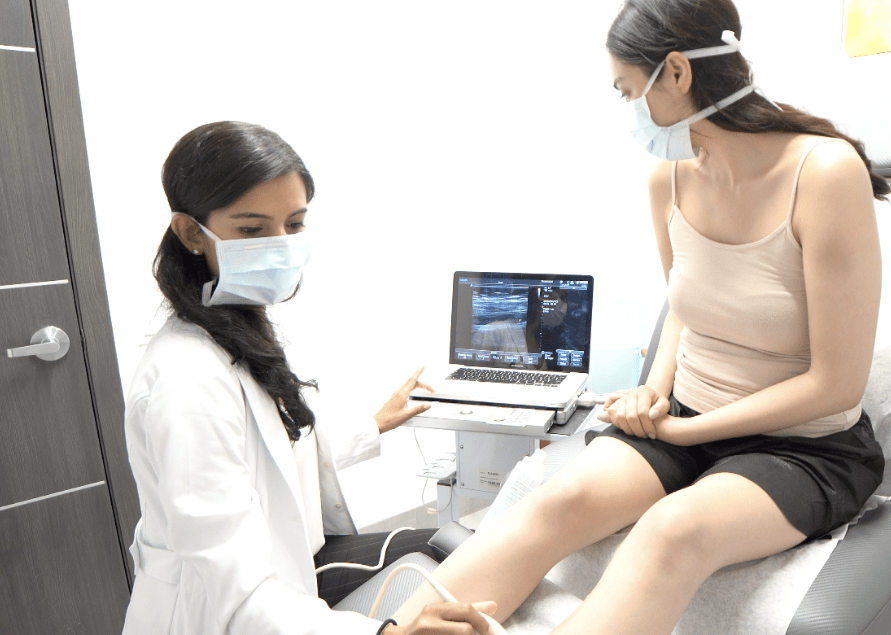Advantage: What is a Vein Center and What Kind of Doctor Treats Varicose Veins?
If you're experiencing discomfort from varicose veins or spider veins, you might be wondering what exactly a vein center is and which medical specialist is best suited to address these issues. Understanding these aspects can help you find the appropriate care and treatments for your condition. In this article, we'll explore the advantages of vein centers and identify the types of doctors who specialize in treating varicose veins.
What is a Vein Center?
A vein center is a specialized medical facility that focuses on diagnosing and treating vein-related conditions. These centers offer comprehensive care for various venous issues, including varicose veins, spider veins, and chronic venous insufficiency. The primary goal of a vein center is to provide targeted treatments that address the underlying causes of these conditions and improve overall vein health.
Services Offered at a Vein Center
Vein centers typically offer a range of services designed to manage and treat venous disorders. These services may include:
- Diagnostic Evaluations: Vein centers use advanced imaging techniques, such as ultrasound, to assess the condition of the veins and determine the best course of treatment.
- Minimally Invasive Treatments: Many vein centers specialize in minimally invasive procedures, such as endovenous laser therapy (EVLT) and sclerotherapy. These treatments can effectively address varicose veins with minimal downtime and discomfort.
- Surgical Interventions: For more severe cases, vein centers may offer surgical options such as vein stripping or ambulatory phlebectomy. These procedures are performed with precision to remove or close off problematic veins.
- Preventative Care and Education: Vein centers often provide education on lifestyle changes and preventive measures to help patients manage their condition and prevent future issues.
By offering a combination of diagnostic and therapeutic services, vein centers ensure that patients receive comprehensive care tailored to their specific needs.

What Kind of Doctor Treats Varicose Veins?
When it comes to treating varicose veins, several types of medical professionals are qualified to provide care. The choice of doctor depends on the severity of the condition and the recommended treatment approach.
Phlebologists
Phlebologists are specialists in vein disorders. They are trained specifically to diagnose and treat venous conditions, including varicose veins. Phlebologists often work in vein centers and are skilled in performing both diagnostic tests and therapeutic procedures.
Advantages of Seeing a Phlebologist:
- Specialized Knowledge: Phlebologists have extensive training in venous diseases and the latest treatments.
- Comprehensive Care: They provide holistic care, addressing both the symptoms and underlying causes of vein issues.
Vascular Surgeons
Vascular surgeons are medical doctors who specialize in the treatment of blood vessel disorders, including veins and arteries. They are trained to perform complex procedures involving the vascular system.
Advantages of Seeing a Vascular Surgeon:
- Expertise in Surgical Techniques: Vascular surgeons are skilled in performing various surgical interventions for severe varicose veins and other vein-related conditions.
- Ability to Handle Complex Cases: They are equipped to manage complicated venous issues that may require more invasive treatment options.
Interventional Radiologists
Interventional radiologists use imaging techniques to guide minimally invasive procedures. They are experts in performing vein treatments such as endovenous laser therapy (EVLT) and radiofrequency ablation.
Advantages of Seeing an Interventional Radiologist:
- Precision in Treatment: They use advanced imaging technology to ensure precise and effective treatment.
- Minimally Invasive Options: Their procedures often require only small incisions and result in quicker recovery times.
Dermatologists
Dermatologists specialize in skin conditions but may also treat superficial vein issues like spider veins. They often use techniques such as sclerotherapy to address cosmetic concerns.

Advantages of Seeing a Dermatologist:
- Expertise in Cosmetic Treatments: Dermatologists can provide cosmetic solutions for spider veins and other superficial vein conditions.
- Integrated Approach: They may address vein issues in conjunction with other skin-related concerns.
Choosing the Right Specialist for Your Needs
Selecting the appropriate doctor for treating varicose veins depends on several factors, including the severity of your condition, your treatment preferences, and any underlying health issues. Here are some considerations to help you make an informed decision:
- Severity of Condition: For mild to moderate cases, a phlebologist or dermatologist may be sufficient. For more severe cases, a vascular surgeon or interventional radiologist may be more appropriate.
- Type of Treatment: If you prefer minimally invasive procedures, an interventional radiologist or phlebologist may be ideal. For surgical options, a vascular surgeon is likely the best choice.
- Insurance and Cost: Verify whether the specialist you choose is covered by your insurance plan and understand the associated costs.
Conclusion
Understanding what a vein center is and which kind of doctor treats varicose veins can significantly impact your treatment journey. Vein centers offer specialized care for various venous disorders, using both conservative and advanced treatment options. Choosing the right specialist—whether a phlebologist, vascular surgeon, interventional radiologist, or dermatologist—depends on your specific condition and treatment preferences.
By seeking care from the appropriate medical professional and utilizing the resources available at a vein center, you can effectively manage and improve your vein health. Whether you're dealing with the discomfort of varicose veins or seeking cosmetic solutions for spider veins, expert care is essential for achieving the best outcomes.
Comments
Post a Comment